Selecting the perfect thread for your machine embroidery project is essential to achieve the desired look and durability. By considering factors such as thread type, weight, color selection, fabric compatibility, and needle selection, you can make an informed decision that will elevate your embroidery projects to new heights.
The perfect thread for your machine embroidery

From the luxurious shimmer of metallic threads to the soft elegance of rayon threads, each thread type offers unique characteristics and benefits. Experiment with different threads, techniques, and designs to unleash your creativity and achieve stunning results.
Remember to choose high-quality threads from reputable brands to ensure durability and colorfastness. Take the time to test the thread on a small swatch of fabric before starting your embroidery project to ensure optimal performance.
With the knowledge and insights gained from this comprehensive guide, you’re now equipped to make informed thread choices for your machine embroidery projects. So, go ahead, let your creativity soar, and create embroidery masterpieces that reflect your unique style and passion.
See more about Types of machine embroidery thread
Cotton thread for machine embroidery
Cotton thread is a popular choice for machine embroidery due to its versatility and durability. It is known for its strength, making it suitable for projects that require a high level of tension. Additionally, cotton thread is colorfast, meaning it won’t fade or bleed when exposed to sunlight or washing.
One of the key advantages of using cotton thread is its compatibility with different fabrics. It glides smoothly through the fabric, reducing the risk of breakage or snagging. Whether you’re working on denim, linen, or even delicate fabrics like silk, cotton thread is a reliable option.
When it comes to color selection, cotton thread offers a wide range of choices, allowing you to match your embroidery design perfectly. From vibrant hues to subtle pastels, cotton thread provides endless possibilities for your creative projects.
In summary, cotton thread is a reliable and durable option for machine embroidery. Its strength, compatibility with various fabrics, and colorfastness make it a popular choice among embroiderers.
Watch Choosing the Best Machine Embroidery Thread
Nylon thread for machine embroidery
Nylon thread is another excellent choice for machine embroidery. It is known for its high tensile strength, which means it can withstand high-speed embroidery machines without breaking or fraying. This makes it ideal for intricate designs or projects that require a lot of stitching.
One of the standout features of nylon thread is its sheen. It has a subtle shine that adds a touch of elegance to any embroidery project. Whether you’re working on monograms, logos, or decorative designs, nylon thread can elevate your creations to the next level.
In terms of colorfastness, nylon thread holds up well under normal washing conditions. However, it is worth noting that some colors may fade over time, especially when exposed to direct sunlight. Therefore, it is recommended to avoid prolonged exposure to sunlight to maintain the vibrancy of your embroidery.
Nylon thread is compatible with a wide range of fabrics, including cotton, polyester, and synthetic blends. Its smooth texture allows it to glide effortlessly through the fabric, ensuring a seamless embroidery experience.
To summarize, nylon thread offers strength, sheen, and compatibility, making it an excellent choice for machine embroidery. Its ability to withstand high-speed machines and its versatility on various fabrics make it a favorite among embroiderers.
Factors to consider when choosing machine embroidery thread
When it comes to choosing the perfect thread for your machine embroidery project, there are several factors to consider. Let’s explore these factors in more detail:
1. Thread weight: Thread weight refers to the thickness of the thread. The weight can affect the appearance and durability of your embroidery. Thicker threads, such as 30wt or 40wt, create bold and prominent designs, while thinner threads, such as 60wt or 70wt, are better suited for delicate and intricate designs.
2. Color selection: The color of the thread plays a crucial role in the overall appearance of your embroidery. Consider the color of the fabric and the design you’re working on when choosing the thread color. It’s essential to select a color that complements the fabric and allows the design to stand out.
3. Fabric compatibility: Different threads have varying levels of compatibility with different fabrics. Some threads may glide smoothly through certain fabrics, while others may cause breakage or snagging. Consider the fabric you’re working with and choose a thread that is known to work well with that particular fabric type.
4. Durability: Durability is an important factor, especially if your embroidery will be subjected to frequent washing or heavy use. Threads with high tensile strength, such as cotton or nylon, are generally more durable and less likely to break or fray over time.
5. Colorfastness: Colorfastness refers to the ability of the thread to retain its color even after repeated washing or exposure to sunlight. It’s important to choose a thread that is colorfast to ensure that your embroidery remains vibrant and doesn’t fade over time.
tips to achieve the best results with each thread type
Now that you have a better understanding of the different types of machine embroidery threads and the factors to consider when choosing them, here are some additional tips to help you achieve the best results with each thread type:
Metallic Thread Tips
– Use a larger needle with a larger eye to accommodate the thickness of metallic threads.
– Adjust the tension on your machine to prevent breakage or tension issues.
– Slow down the stitching speed to allow the metallic thread to feed smoothly.
– Use a thread lubricant or conditioner to reduce friction and prevent thread breakage.
Rayon Thread Tips
– Use a sharp needle with a larger eye to prevent fraying or breakage.
– Adjust the tension on your machine to achieve balanced stitches.
– Slow down the stitching speed to prevent tension issues.
– Store rayon threads away from direct sunlight to maintain their color vibrancy.
Polyester Thread Tips
– Choose a high-quality polyester thread that offers consistent thickness and colorfastness.
– Use a standard needle size that is suitable for your fabric type.
– Adjust the tension on your machine to achieve balanced stitches.
– Polyester threads are less likely to break, but avoid excessive tension to prevent thread distortion.
Cotton Thread Tips
– Select a fine or medium-weight cotton thread suitable for machine embroidery.
– Use a sharp needle with a slightly larger eye to prevent fraying or breakage.
– Adjust the tension on your machine to achieve balanced stitches.
– Cotton threads may shrink slightly when exposed to heat, so pre-washing the thread is recommended.
Nylon Thread Tips
– Choose a nylon thread specifically designed for machine embroidery.
– Use a needle size and type suitable for the thickness of the thread.
– Adjust the tension on your machine to prevent breakage or tension issues.
– Nylon threads are highly resistant to fading, making them suitable for outdoor or high-wear projects.
Tips for using different types of machine embroidery thread
Now that you have a better understanding of the different types of machine embroidery thread and the factors to consider when choosing them, here are some tips to help you get the most out of each thread type:
1. Metallic thread: Metallic threads can add a touch of luxury and shine to your embroidery projects. To prevent fraying or breakage, it’s essential to use a needle specifically designed for metallic threads. Additionally, consider reducing the machine speed and using a slightly looser tension to accommodate the thread’s unique characteristics.
2. Rayon thread: Rayon threads offer a soft and silky finish to your embroidery. When using rayon thread, it’s important to use a needle with a larger eye to prevent the thread from fraying. Adjusting the machine tension and speed can also help achieve optimal results with rayon thread.
3. Polyester thread: Polyester threads are known for their durability and colorfastness. They are compatible with a wide range of fabrics and are suitable for both intricate and bold designs. When using polyester thread, consider using a sharp needle to prevent thread breakage and ensure smooth stitching.
4. Variegated thread: Variegated threads are threads that change color throughout the spool. They can add depth and visual interest to your embroidery designs. When using variegated thread, consider the color transitions and how they will complement your design. Experiment with different stitch patterns to showcase the unique color changes of the thread.
By following these tips, you can maximize the potential of each thread type and create stunning machine embroidery projects.



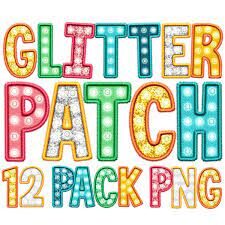
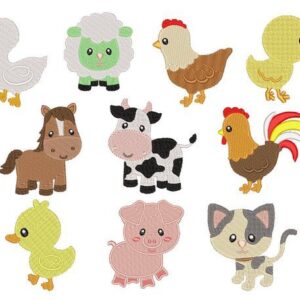
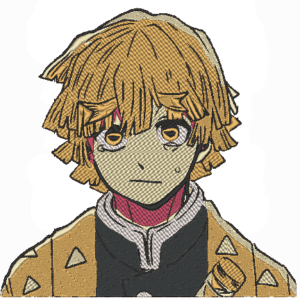
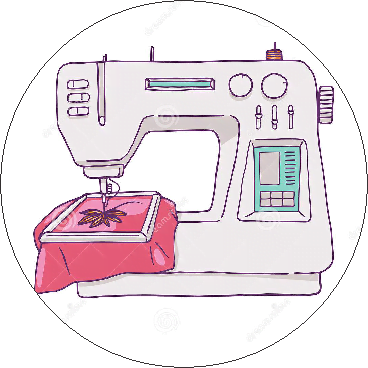
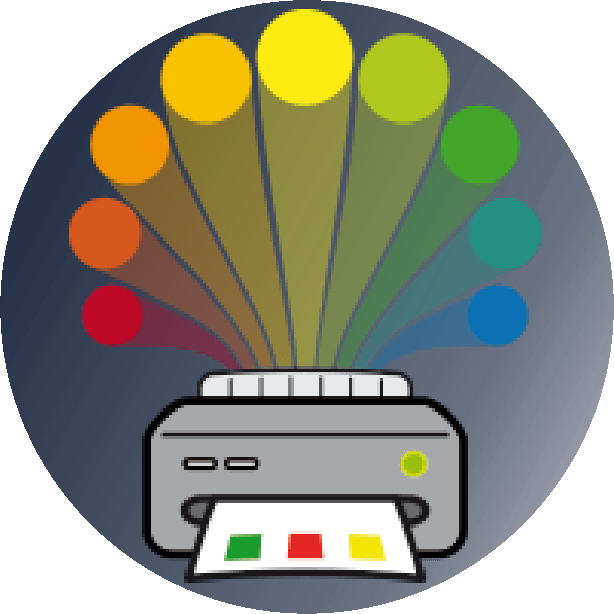
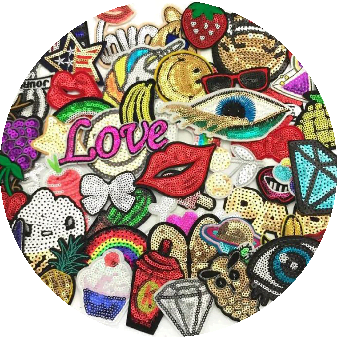





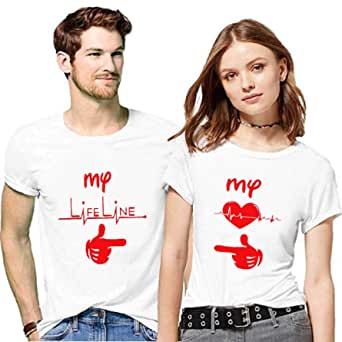

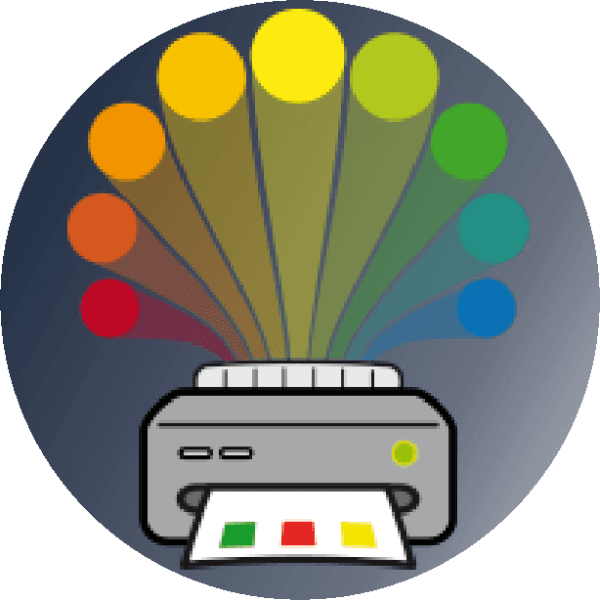
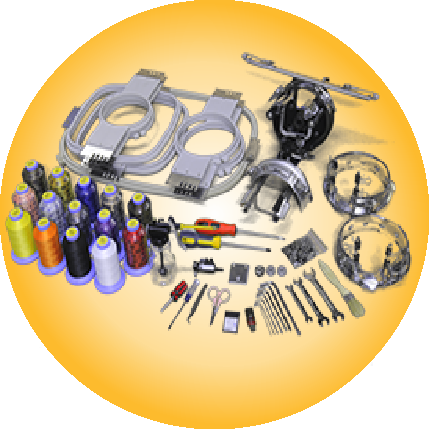
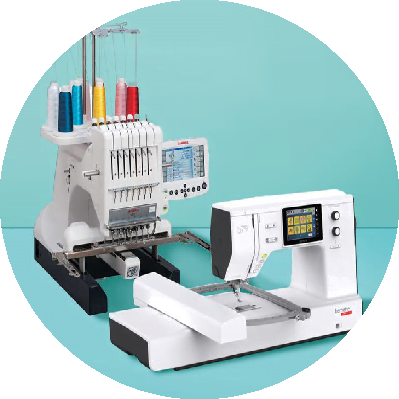
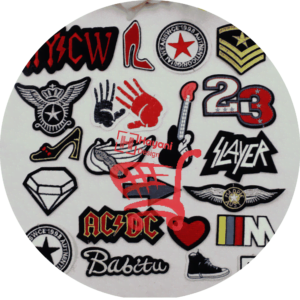









Leave a reply
You must be logged in to post a comment.